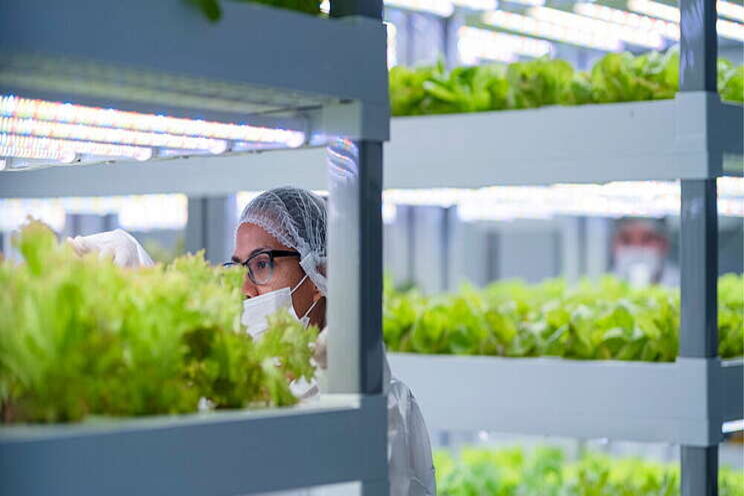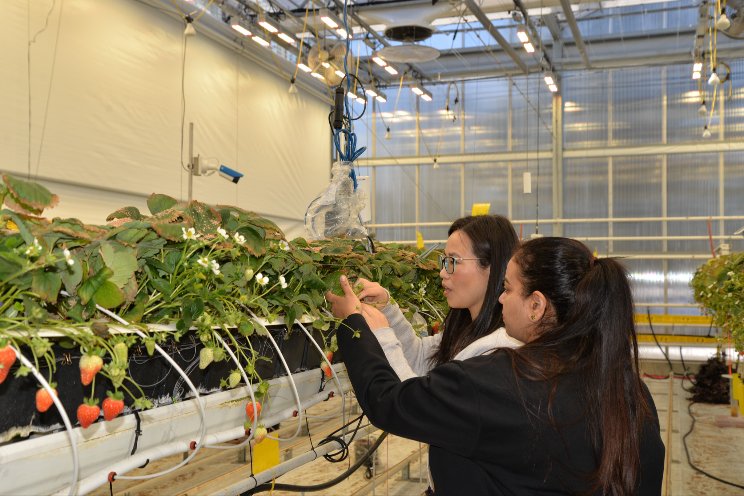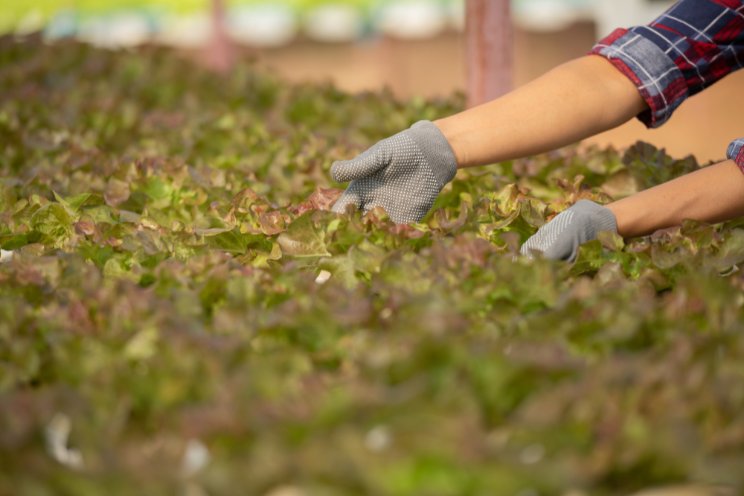Vertical farming gains momentum in Chile
Added on 13 November 2020

- A new generation of consumers: conscious, participatory and responsible.
- Increasing interruptions to traditional agriculture from climate change.
- Large projected increase in demand for food in the near future.
- The global population's increasing propensity towards sustainable solutions as the only viable option.
Vertical Farming Initiatives in Chile
Currently, in Santiago, the capital city of Chile, the concept of vertical farming is in an R&D phase. One company working in this area is AgroUrbana, founded by 2 local entrepreneurs, this company operates a 300m˛ (3,200 SF) pilot plant which produces the equivalent of 3 hectares of traditional vegetable cultivation. AgroUrbana uses a combination of technologies in their systems and are currently developing new technologies on-site. The pilot plant is a proving ground before scaling to more industrialized levels of production. The produce grown by AgroUrbana has been well received by local customers, due to the high quality and taste of their ready-to-eat format.
"In relation to the future role of vertical agriculture, we believe that it will be a contribution and part of the solution to face the challenges associated with climate change, the depletion of arable soils, and the need to feed a growing population, concentrated in cities, and marked for a generational change that places new demands on the food they eat." - Cristián Sjögren, Co-Founder and CEO at AgroUrbana

Another initiative in development in Santiago is the Fraunhofer Foundation's Agricultura Urbana Solar (Urban Solar Agriculture) project. The pilot model under development uses solar panels to completely power the shipping container grow system. The system, which features multiple layers of hydroponic production lit by led lights and controlled by a web-based interface, is being marketed to local communities and interested groups such as: municipalities, small and medium-sized businesses, restaurants, neighborhood councils, hotels and tourist centres, and shopping centres.
"Undoubtedly this type of crop production system has great potential as water resources and arable land become scarce due to climate change. These systems will undoubtedly be a great farming alternative, especially if they can be produced more cost-effectively. Due to their independence from the exterior climate, they are an ideal option for locations with extreme weather or conditions unfavorable to traditional agriculture." - Carolina Pizarro Torres, PhD, project leader for Fraunhofer

The Consolidation and Expansion of Vertical Agriculture in Chile
The adoption of vertical farming techniques is a strong response to the pressing matters surrounding global warming. The implemented technologies carry a heavy focus on sustainability, thus responding with an adaptive mechanism to the stark realities of climate change. Traditional agriculture in the country is under pressure and is at risk due to the phenomenon of desertification and the water shortages caused by drought. Producing vegetables within the city reduces the carbon footprint associated with transportation and allows for traditional agricultural areas to be revegetated to their natural state.
Seasonality limits traditional agricultural production and these alternative methods or systems guarantee the production and continuous supply of top quality vegetables throughout the year. Local consumers show acceptance and interest in these products, due to their quality and traceability. With a growing demand for alternative solutions to traditional models of land use, vertical agriculture is part of the indispensable technologies for the subsistence of large cities throughout the world.
National policies favor the implementation of sustainable agriculture projects, which translates into concrete incentives to develop projects in the field of sustainability. It is important to mention that Chile is committed to being carbon neutral by 2050. It is here that vertical agriculture embraces not only the future but the present commitment to sustainability moving forward.
"It is really exciting to see the growth of indoor agriculture in Chile. This year's CEA Census had several companies from Chile that responded while last year there were no responses from vertical farms in Chile. We believe that this is a trend that will continue to develop all across Latin America and Agritecture is excited to spotlight the development of these new farms." - David Ceaser, Lead Agronomist at Agritecture
Written By: Ramani Perez, edited by Agritecture
All images sourced from: AgroUrbana
Source: Agritecture
Source: Agritecture
More news















